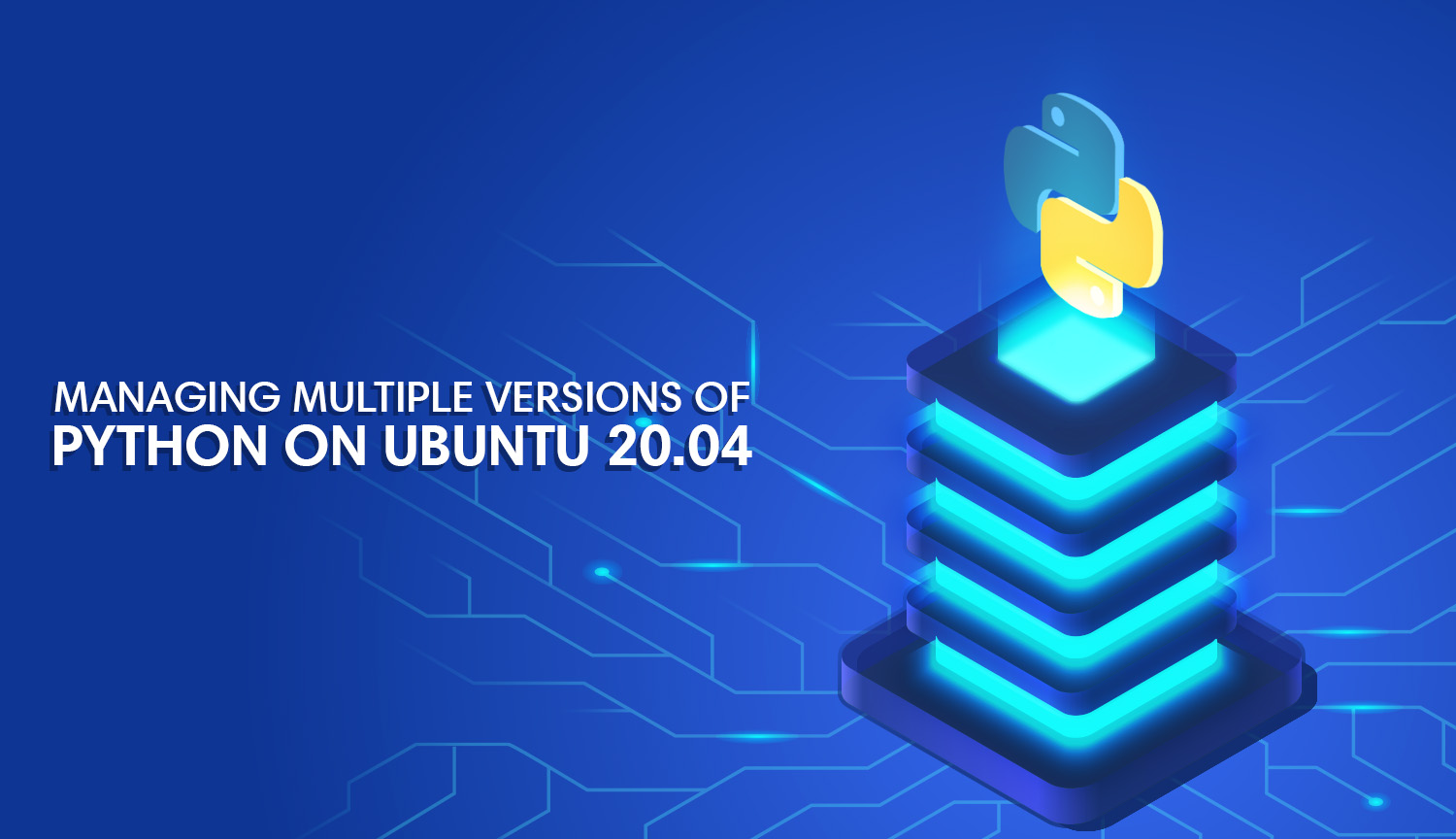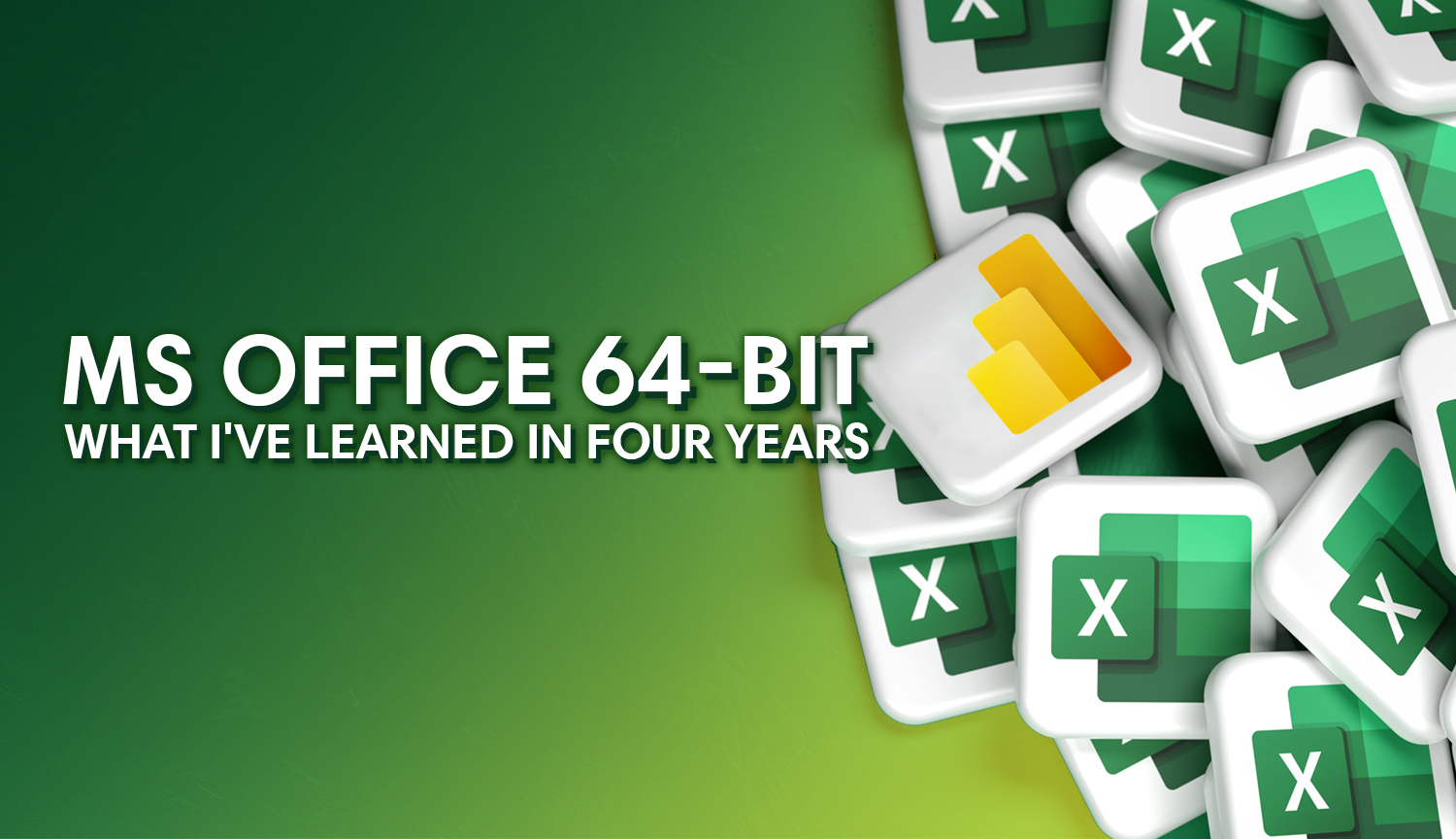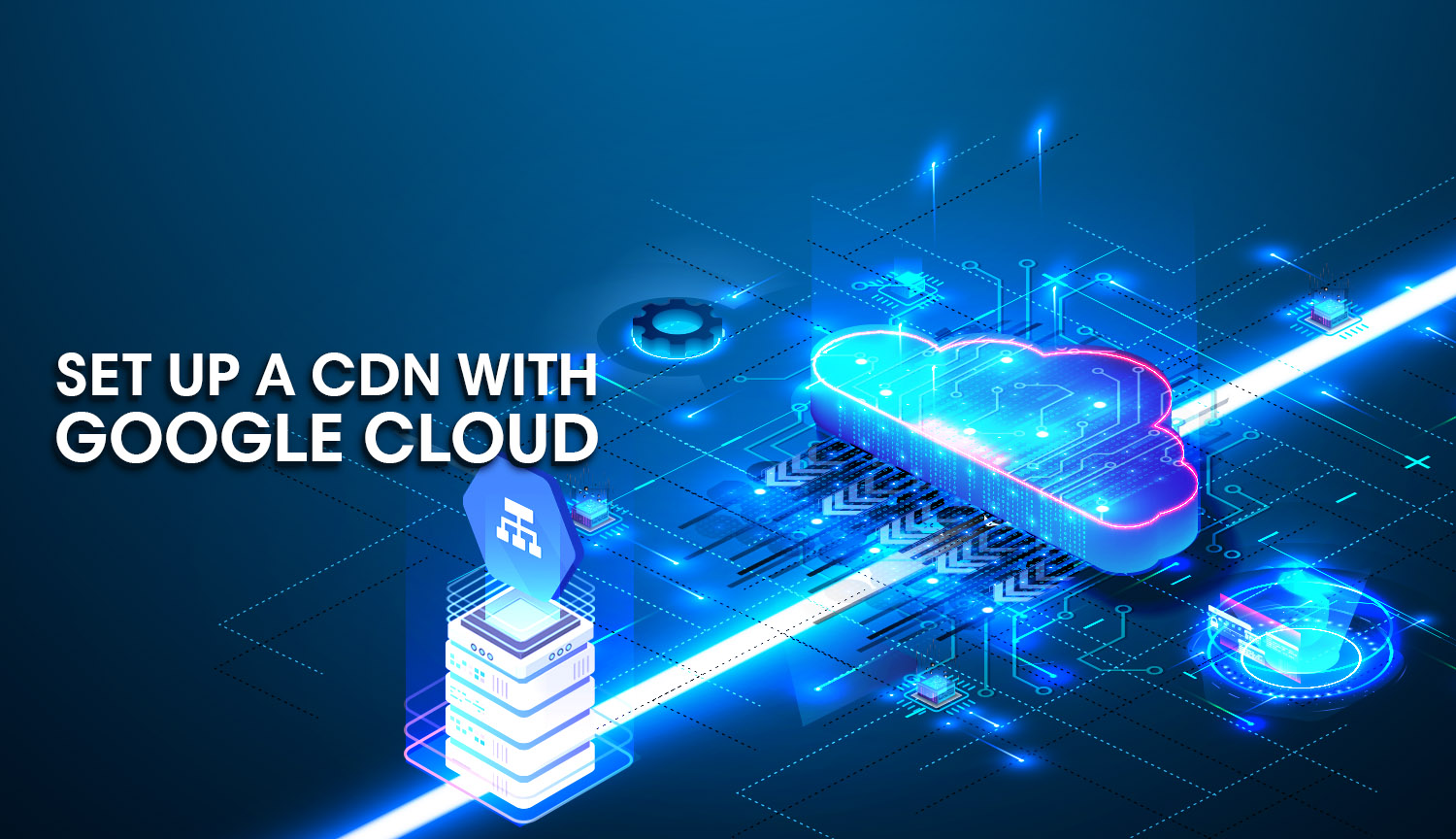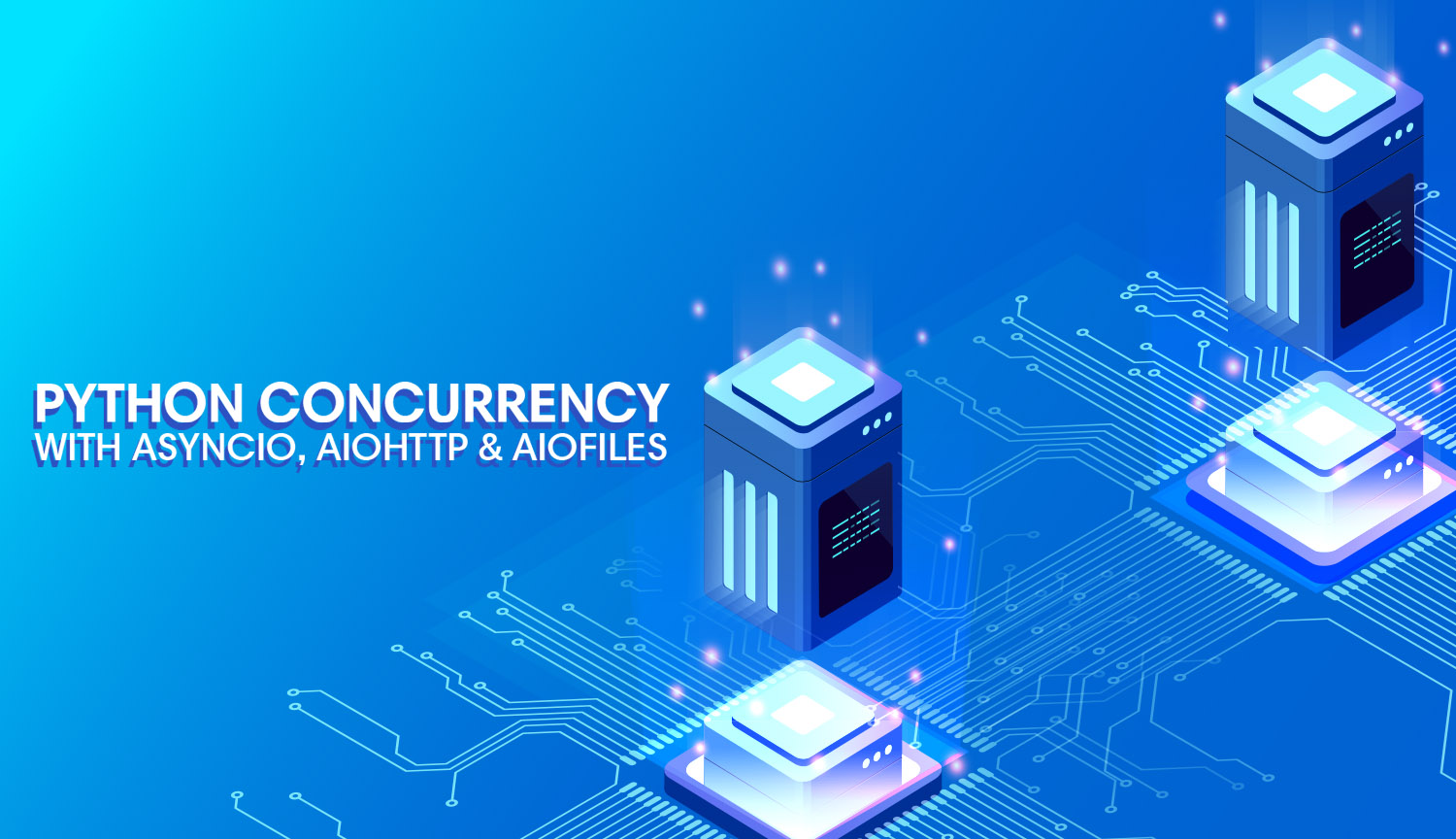There are several subtle differences in managing versions of Python on older distributions of Ubuntu. If you're running Ubuntu 18.04 or older, go here.
One of my earliest frustrations with Python development had nothing to do with Python itself but rather the needlessly esoteric act of deploying a Python app. Code boot camps and tutorials do a fine job of teaching students how to run Python code locally, but the most meaningful applications don't run on local machines: they run on servers, on the internet, because that's the point, isn't it? Maybe I'm taking crazy pills here.
Ubuntu 20.04 is the first LTS version of Ubuntu to drop Python2, coming fresh out of the box with Python 3.8.5. But what if you've written apps intended for a newer version of Python? If you're like me, you might have tried to replace your system's default installation and destroyed your machine. If nobody has warned you, I'll do the honors: don't do that.
The risk of unintended destruction is only one of many unintuitive details that complicate the seemingly simple task of using an updated version of Python:
apt upgradedoes not apply to versions of Python. In fact...- Newer Python distributions aren't even visible to
apt; thus, we can't even useapt updateto find a more recent version of Python without the help of a third party. - Versions of Python installed on the same machine do not share the same core features (such as pip), leading to confusion.
What do we do?
Using Ubuntu's built-in alternative install is optimal for several reasons:
- We can install a new version of Python in parallel to the version of Python Ubuntu depends on so we don't ruin our machine.
- It's best to avoid messing around with your Python PATH whenever possible.
- We can easily switch the active version of Python on our machine via a convenient CLI.
We will walk through how to install the latest version of Python alongside Ubuntu's system Python versions safely and (relatively) easily.
Python via Deadsnakes
Deadsnakes PPA is an actively maintained repository of Python distributions available to Ubuntu. Deadsnakes carries the burden of hosting versions of Python that have been tried and tested to work on Ubuntu (their Github organization is essentially a collection of Ubuntu-friendly Python versions).
By adding the Deadsnakes PPA, we're making these Python versions visible to our Ubuntu machines:
$ sudo add-apt-repository ppa:deadsnakes/ppaUpon adding this repository, you'll immediately receive a prompt explaining this verbosely. Press enter to move on.
This PPA contains more recent Python versions packaged for Ubuntu.
Disclaimer: there's no guarantee of timely updates in case of security problems or other issues. If you want to use them in a security-or-otherwise-critical environment (say, on a production server), you do so at your own risk.
Update Note
===========
Please use this repository instead of ppa:fkrull/deadsnakes.
Reporting Issues
================
Issues can be reported in the master issue tracker at:
https://github.com/deadsnakes/issues/issues
Supported Ubuntu and Python Versions
====================================
- Ubuntu 18.04 (bionic) Python2.3 - Python 2.6, Python 3.1 - Python 3.5, Python3.7 - Python3.11
- Ubuntu 20.04 (focal) Python3.5 - Python3.7, Python3.9 - Python3.11
- Ubuntu 22.04 (jammy) Python3.7 - Python3.9, Python3.11
- Note: Python2.7 (all), Python 3.6 (bionic), Python 3.8 (focal), Python 3.10 (jammy) are not provided by deadsnakes as upstream ubuntu provides those packages.
Why some packages aren't built:
- Note: for focal, older python versions require libssl<1.1 so they are not currently built
- Note: for jammy, older python versions requre libssl<3 so they are not currently built
- If you need these, reach out to asottile to set up a private ppa
The packages may also work on other versions of Ubuntu or Debian, but that is not tested or supported.
Packages
========
The packages provided here are loosely based on the debian upstream packages with some modifications to make them more usable as non-default pythons and on ubuntu. As such, the packages follow debian's patterns and often do not include a full python distribution with just `apt install python#.#`. Here is a list of packages that may be useful along with the default install:
- `python#.#-dev`: includes development headers for building C extensions
- `python#.#-venv`: provides the standard library `venv` module
- `python#.#-distutils`: provides the standard library `distutils` module
- `python#.#-lib2to3`: provides the `2to3-#.#` utility as well as the standard library `lib2to3` module
- `python#.#-gdbm`: provides the standard library `dbm.gnu` module
- `python#.#-tk`: provides the standard library `tkinter` module
Third-Party Python Modules
==========================
Python modules in the official Ubuntu repositories are packaged to work with the Python interpreters from the official repositories. Accordingly, they generally won't work with the Python interpreters from this PPA. As an exception, pure-Python modules for Python 3 will work, but any compiled extension modules won't.
To install 3rd-party Python modules, you should use the common Python packaging tools. For an introduction into the Python packaging ecosystem and its tools, refer to the Python Packaging User Guide:
https://packaging.python.org/installing/
Sources
=======
The package sources are available at:
https://github.com/deadsnakes/
Nightly Builds
==============
For nightly builds, see ppa:deadsnakes/nightly https://launchpad.net/~deadsnakes/+archive/ubuntu/nightly
More info: https://launchpad.net/~deadsnakes/+archive/ubuntu/ppa
Press [ENTER] to continue or Ctrl-c to cancel adding it.To pick up the versions of Python that Deadsnakes makes visible to us, we still need to run a quick update:
$ sudo apt updateNow check to see if the version of Python you're looking for is available for download like so:
$ apt list | grep python3.10If available, you'll see an output like so:
$ apt list | grep python3.10
WARNING: apt does not have a stable CLI interface. Use with caution in scripts.
idle-python3.10/focal 3.10.12-1+focal1 all
libpython3.10-dbg/focal 3.10.12-1+focal1 amd64
libpython3.10-dev/focal 3.10.12-1+focal1 amd64
libpython3.10-minimal/focal 3.10.12-1+focal1 amd64
libpython3.10-stdlib/focal 3.10.12-1+focal1 amd64
libpython3.10-testsuite/focal 3.10.12-1+focal1 all
libpython3.10/focal 3.10.12-1+focal1 amd64
libqgispython3.10.4/focal 3.10.4+dfsg-1ubuntu2 amd64
python3.10-dbg/focal 3.10.12-1+focal1 amd64
python3.10-dev/focal 3.10.12-1+focal1 amd64
python3.10-distutils/focal 3.10.12-1+focal1 all
python3.10-examples/focal 3.10.12-1+focal1 all
python3.10-full/focal 3.10.12-1+focal1 amd64
python3.10-gdbm-dbg/focal 3.10.12-1+focal1 amd64
python3.10-gdbm/focal 3.10.12-1+focal1 amd64
python3.10-lib2to3/focal 3.10.12-1+focal1 all
python3.10-minimal/focal 3.10.12-1+focal1 amd64
python3.10-tk-dbg/focal 3.10.12-1+focal1 amd64
python3.10-tk/focal 3.10.12-1+focal1 amd64
python3.10-venv/focal 3.10.12-1+focal1 amd64
python3.10/focal 3.10.12-1+focal1 amd64That's our green light! Go on and proceed to install Python:
$ sudo apt install python3.10Managing Alternative Python Installations
We now have two versions of Python installed on our machine: the system default Python 3.8.5, and our newly added Python 3.10.12. We want to leave our system's default Python installation alone, but we want to run our apps written in Python 3.10.12... so how do we manage this?
Recognizing Multiple Versions of a Package via update-alternatives
update-alternatives is a native feature of Debian-based Linux distributions and conveniently handles these scenarios. update-alternatives is a CLI interface for installing and switching between alternative versions of packages. This applies to programming languages (like python), text editors (like vim), and really anything else apt can install.
We makeupdate-alternatives is aware of parallel versions via the --install flag, which accepts three parameters:
- The file path to the default system location of the package we're adding alternatives for. On Ubuntu 20.04, the default location for Python3 is
/usr/bin/python3. - Name of the package we're adding alternatives for (
python3). - File path to an existing or newly installed version of the package. We add the existing version of a package to give ourselves the option to fall back if necessary. Adding the newly installed version allows us to switch to an alternative (likely newer) version.
- An integer used to "prioritize" our list of managed versions for human-readability purposes (for example, it is a good idea to mark the existing default version as
1, and label subsequent versions incrementally).
Begin by adding the system's default version of Python to update-alternatives:
$ update-alternatives --install /usr/bin/python3 python3 /usr/bin/python3.8 1
update-alternativesNext, our newly installed version:
$ update-alternatives --install /usr/bin/python3 python3 /usr/bin/python3.10 2
update-alternatives --list python3 should now list the alternative installations of python3 we've installed and added to update-alternatives:
$ update-alternatives --list python3
/usr/bin/python3.8
/usr/bin/python3.10
update-alternativesSwapping Between Versions
Now we can swap between versions of Python! Run the following --config command to change the active version of Python you'd like to use:
$ update-alternatives --config python3You should be hit with a prompt like the one below. This will list all the versions of Python your system recognizes. Select the version of Python you'd like to use by providing the "selection" number to the prompt:
There are 2 choices for the alternative python3 (providing /usr/bin/python3).
Selection Path Priority Status
------------------------------------------------------------
0 /usr/bin/python3.10 2 auto mode
* 1 /usr/bin/python3.10 2 manual mode
2 /usr/bin/python3.8 1 manual mode
Press <enter> to keep the current choice[*], or type selection number:Respond to the above prompt with the selection number representing the Python version you want to use.
We've done the "hard" part, but there's a bit of housekeeping to take care of.
Finishing Touches
Now that we've switched to a freshly installed version of Python, we must install a few Python-related Ubuntu packages to ensure Python runs properly. These include pip (obviously), python-apt (necessary for Debian Python), distutils (supposedly-deprecated-but-kinda-not, and venv (to manage Python virtual environments).
First, we need to reinstall python3-apt with our new version of Python active:
$ sudo apt remove --purge python3-apt
$ sudo apt autoclean
$ sudo apt install python3-aptNext, we'll install distutils, python-dev, and python-venv:
$ sudo apt-get install python3.10-distutils python3.10-dev python3.10-venv...And, of course pip3:
$ curl -sS https://bootstrap.pypa.io/get-pip.py | python3.10pip via get_pip.pyYou Did It
As absurd as it sounds, successfully updating Python on Ubuntu is a legitimate accomplishment. I've witnessed software developers of all backgrounds struggle with dumb things like "setting up Python." Some tasks are unintuitive and lack any conventional patterns or logic. Updating Python on Ubuntu is one of those tasks.
You've managed to prevail, so congratulations are in order. If you're new to Python, please don't be discouraged by how weirdly complicated this was. The miserable journey we've just embarked on is no indication of what software development is like... or any related profession, for that matter. From here on out, it's sunshine, rainbows, and snakes 🐍.





